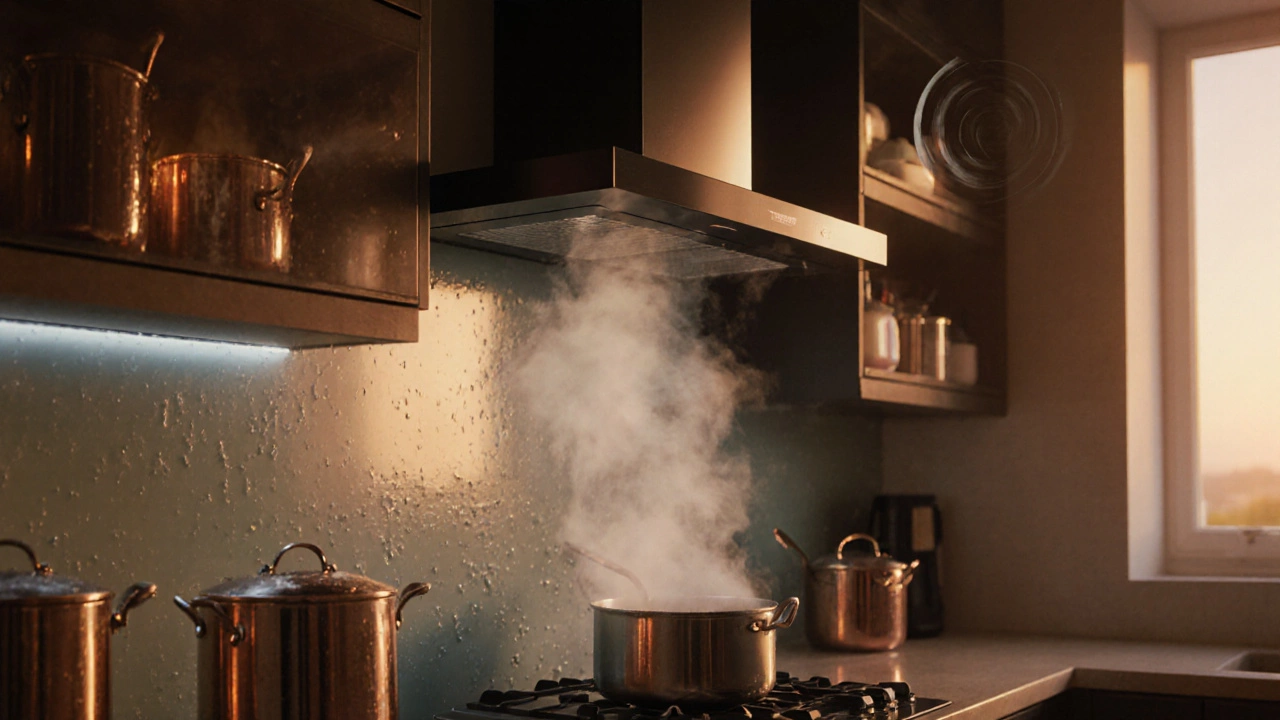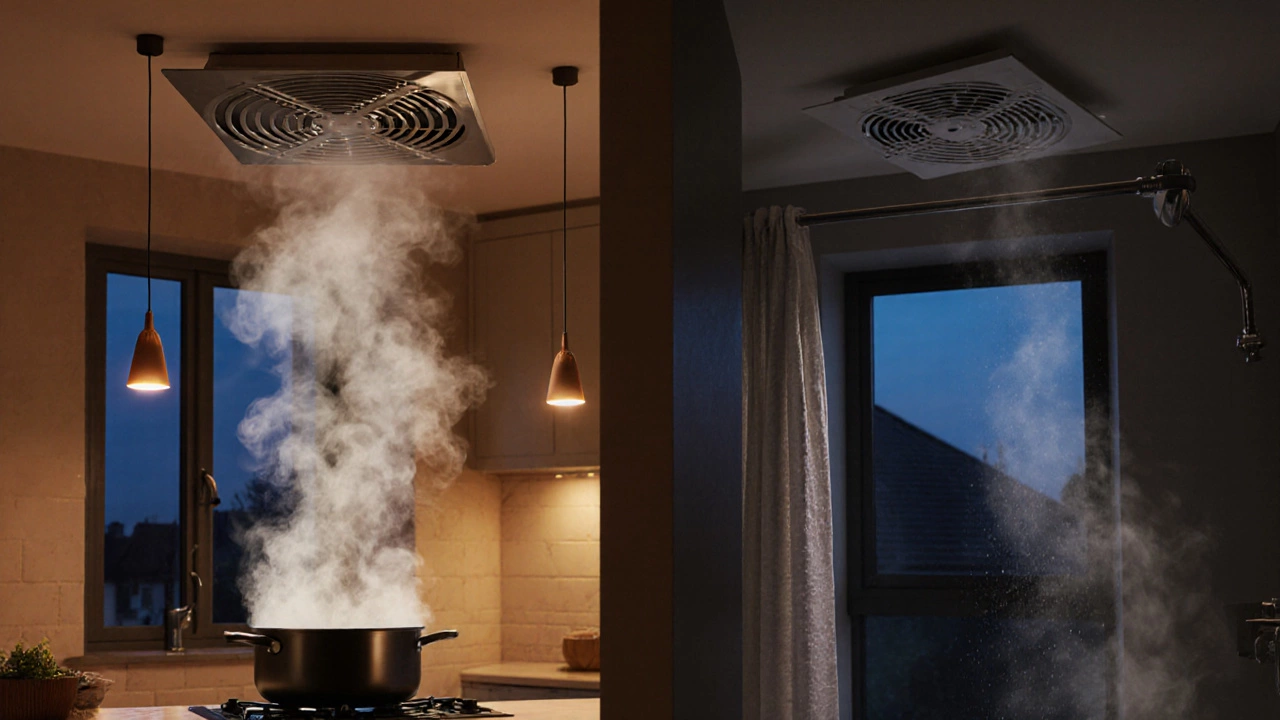- 26 Oct 2025
- Gideon Thornton
- 0
Do I Really Need an Extractor Fan? Essential Facts & When to Install One
Discover why an extractor fan matters, how to spot the need, choose the right model, install, maintain, and compare alternatives for a healthier home.


